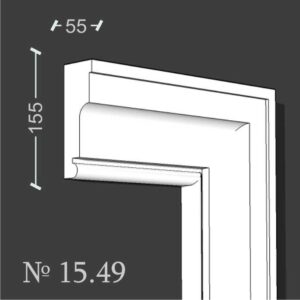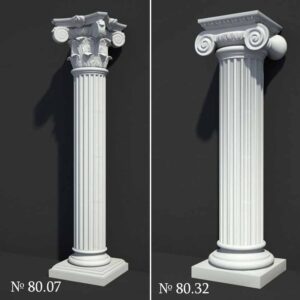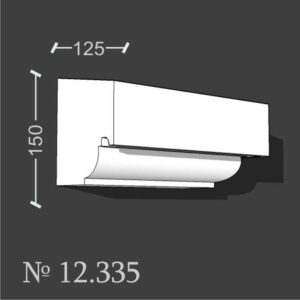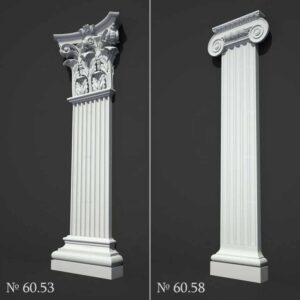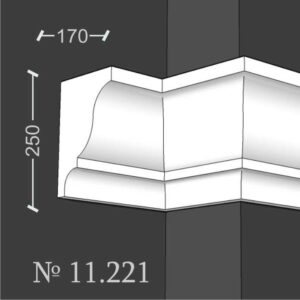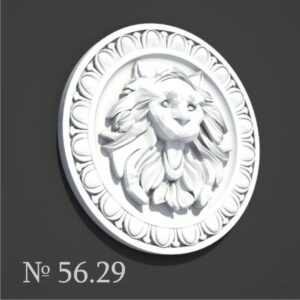Custom metal fabrication is a blend of craftsmanship and precision engineering, offering tailored solutions to diverse industrial and commercial needs. From intricate designs to structural components, custom metal fabrication empowers businesses to realize their unique visions and meet specific project requirements. Join us as we delve into the world of custom metal fabrication, exploring its processes, applications, and the paramount importance of quality craftsmanship.
What is Custom Metal Fabrication and Its Role:
Custom metal fabrication encompasses the design, cutting, shaping, and assembly of metal components to create bespoke products or structures. Its role spans various industries, including construction, automotive, aerospace, manufacturing, and architecture. By leveraging advanced techniques such as laser cutting, CNC machining, and welding, custom metal fabricators translate conceptual designs into tangible realities, catering to the specific needs and specifications of clients.
Key Components of Custom Metal Fabrication and How They Work Together:
- Design Phase: Collaboration between designers, engineers, and clients to conceptualize and refine the product or structure.
- Material Selection: Choosing the appropriate metal alloy based on factors such as strength, durability, and corrosion resistance.
- Fabrication Processes: Cutting, bending, forming, welding, and finishing techniques employed to shape and assemble metal components.
- Quality Control: Inspections and testing protocols to ensure dimensional accuracy, structural integrity, and adherence to specifications.
- Assembly and Installation: Final assembly of fabricated components and on-site installation to integrate them into the desired application.
Factors That Affect the Efficiency and Performance of Custom Metal Fabrication:
- Design Complexity
- Material Properties
- Equipment and Technology
- Skilled Labor
- Project Management
Maintenance and Troubleshooting Tips for Custom Metal Fabrication:
- Regular Equipment Maintenance
- Quality Assurance Procedures
- Training and Skill Development
- Communication and Collaboration
- Continuous Improvement Practices
Conclusion:
Custom metal fabrication epitomizes the marriage of artistry and engineering, offering bespoke solutions to a myriad of industrial and commercial challenges. By embracing innovation, craftsmanship, and a commitment to quality, custom metal fabricators empower businesses to turn ideas into reality, fueling progress and innovation across diverse sectors. As the demand for tailored metal solutions continues to rise, the art and science of custom metal fabrication will remain a cornerstone of modern industry.






